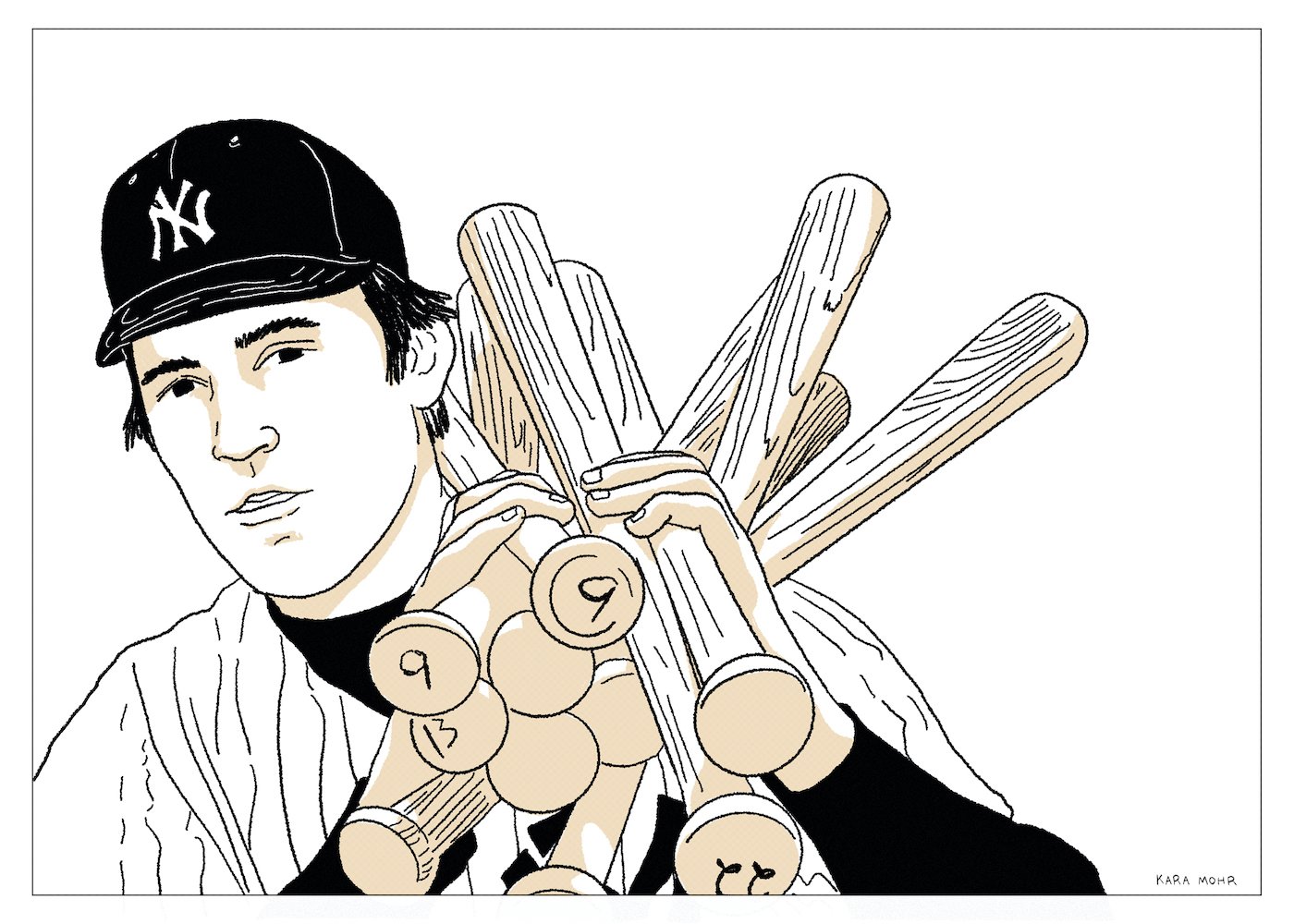
Graig Nettles “Vigilante”
First off, his name is Graig. G-R-A-I-G. It’s not Greg or Gregory. And it’s not Craig. Graig, with two G’s has more teeth than Greg or Craig. Graig looks possibly Welsh or Gaelic and like it wants to have more than one syllable. It’s a name that has caused confusion for decades, spawning baseball card typos and debates among young Yankee fans back in the day. And yet, in spite of its oddness, there’s no other name that would have worked. Of the twenty plus thousand people to have played major league baseball, only one is named Graig. Moreover, etymology suggests that “Graig” roughly means “vigilant.” And while Graig Nettles was many things on the field — an elite fielder and a perennial home run threat — and many more things off the field — a brawler, a rule bender, and a loyal teammate — he was absolutely nothing if not vigilant.
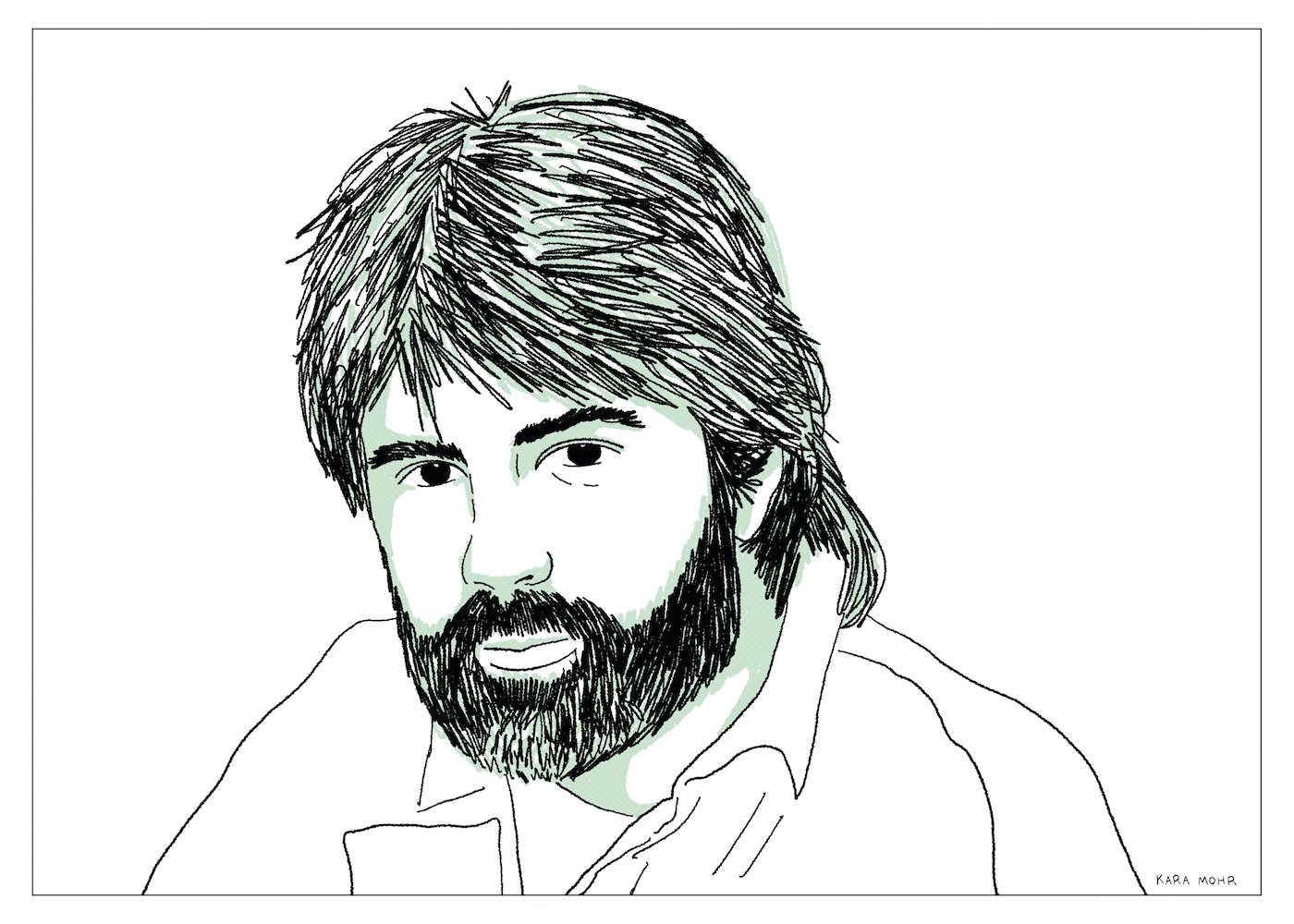
Michael McDonald “Blink of an Eye”
There’s an aphorism that goes something like, “Brad Pitt is a character actor in a leading man’s body.” In music, there’s no direct equivalent for the Pitt aphorism. There are, of course, shy or mercurial singers — Bob Dylan and David Bowie fit that bill. But, solo artists, almost by definition, cannot be reluctant frontmen because they have no “back” to blend into. They are not part of a group — they are the show. The same applies to lead singers in bands, albeit for different reasons. There is really no such thing as a grudging frontman. A lead singer has to want it. Privately, they can be shy and awkward like Farrokh Bulsara, but when they hit the stage they have to be Freddie Mercury. That’s how it works. But, like all statutes, there are very rare exceptions. In the case of Rock and Roll frontmen, there is one indisputable outlier — a guy who sounds like Bob Seger and Darryl Hall at the same time. Who, once upon a time, looked like the love child of bearded, post-Beatles McCartney and a soul puppy. A guy whose voice is as rich as a yacht but who always preferred to be in the background, heard more than seen.
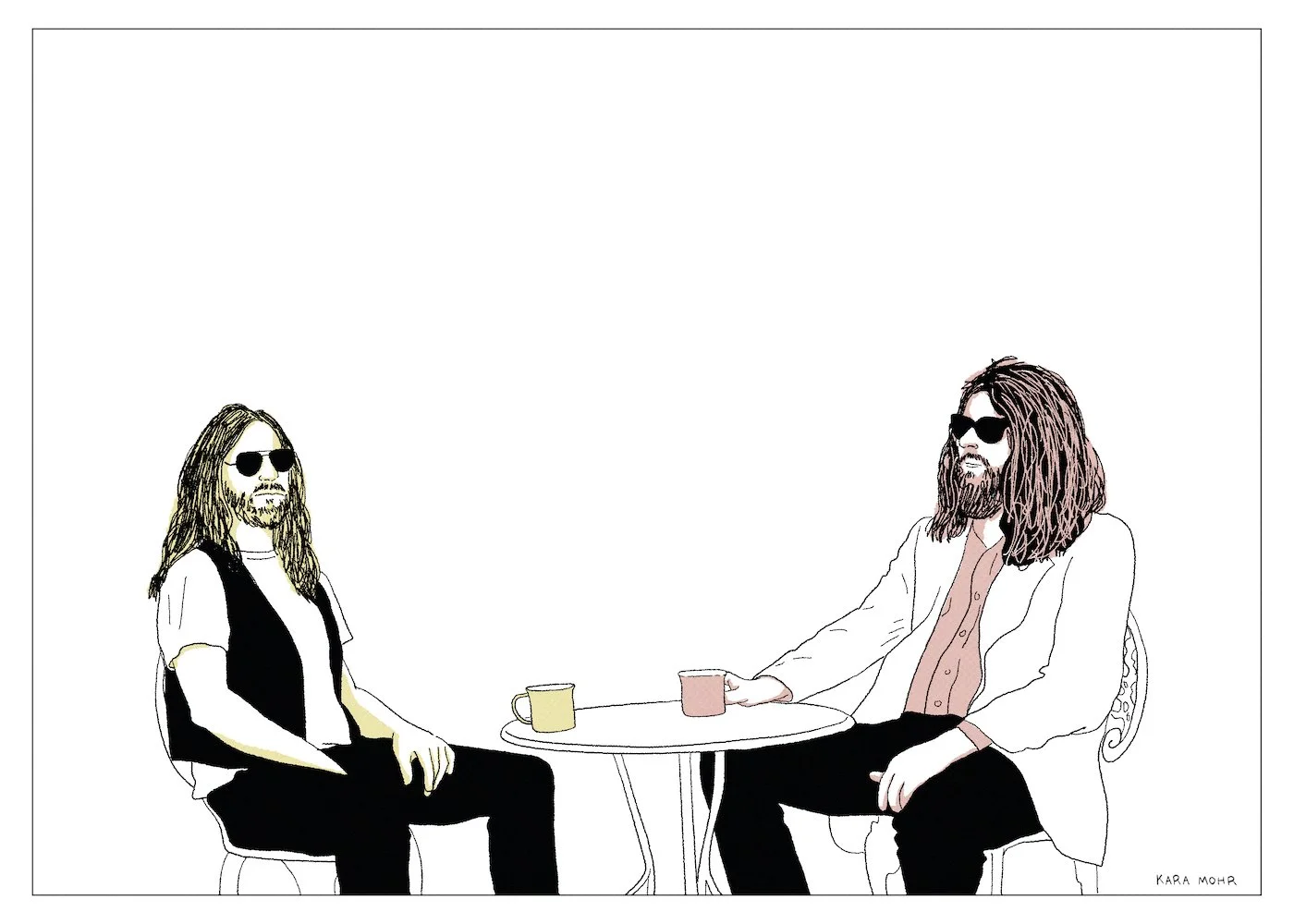
Black Mountain “IV”
Ten years, three studio albums and a half dozen side projects after their Pitchfork-feted debut, Black Mountain returned with “IV.” From its Hipgnosis-inspired cover, which screams Floyd and Hawkwind, to its bank of synthesizers, borrowed from Rick Wakeman and Keith Emerson, “IV” is a total flex. It’s an epic album, daring and ridiculous enough to take its name from one of the most famous albums in the history of Rock and Roll. Black Mountain’s “IV” is obviously not Led Zeppelin’s “IV.” In fact, it’s their least bluesy, least metal, most spacey and most proggy album. A more accurate title might actually be “Light Side of the Moon.” The titanic riffs are still very much there, but they are not the thing. The synthesizers are sometimes the thing, but also not the thing. The thing that distinguishes “IV” from straight homage is the thing that has always separated Black Mountain from everyone else — the sound of Amber Webber’s voice paired with Stephen McBean’s. The sound of verdant soil and deep roots next to burnt twigs and leaves.
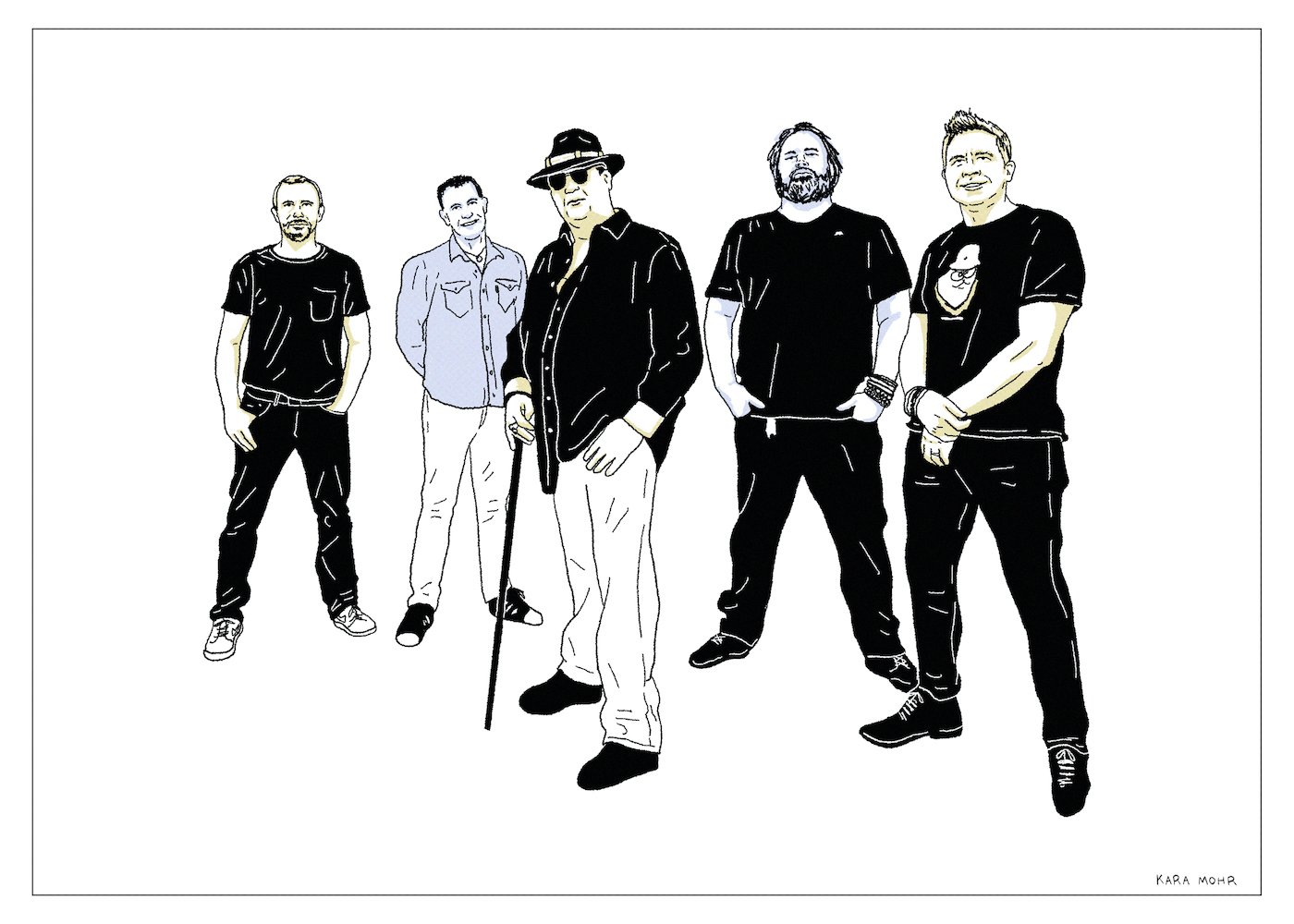
Blues Traveler “North Hollywood Shootout”
On so many levels, our aversion to Blues Traveler is ridiculous. Of all those Nineties Jam bands, why them? There were many lesser variations. Bands who couldn’t play with singers who couldn’t sing and jams that went nowhere. Blues Traveler was barely any of those things. They were a solid Roots Rock band with a mascot for a lead singer; far more exciting than their closest predecessor — Spin Doctors — and their more successful, distant cousin — Hootie and the Blowfish. If anything, their brief apex was a fluke — a product of commercial radio’s (and MTV’s) inability to separate Beck from Better than Ezra. For one strange moment in 1994, Modern Rock, Mainstream Rock, Pop and Adult Alternative formats all sounded oddly similar — jangly and towing a line between earnest and ironic. Basically, like the sound of Blues Traveler. On the other hand, reducing them to a bad haircut, does a grave injustice to the band. It also obscures the harmonica in the room — the dozens and dozens of harmonicas in the room.
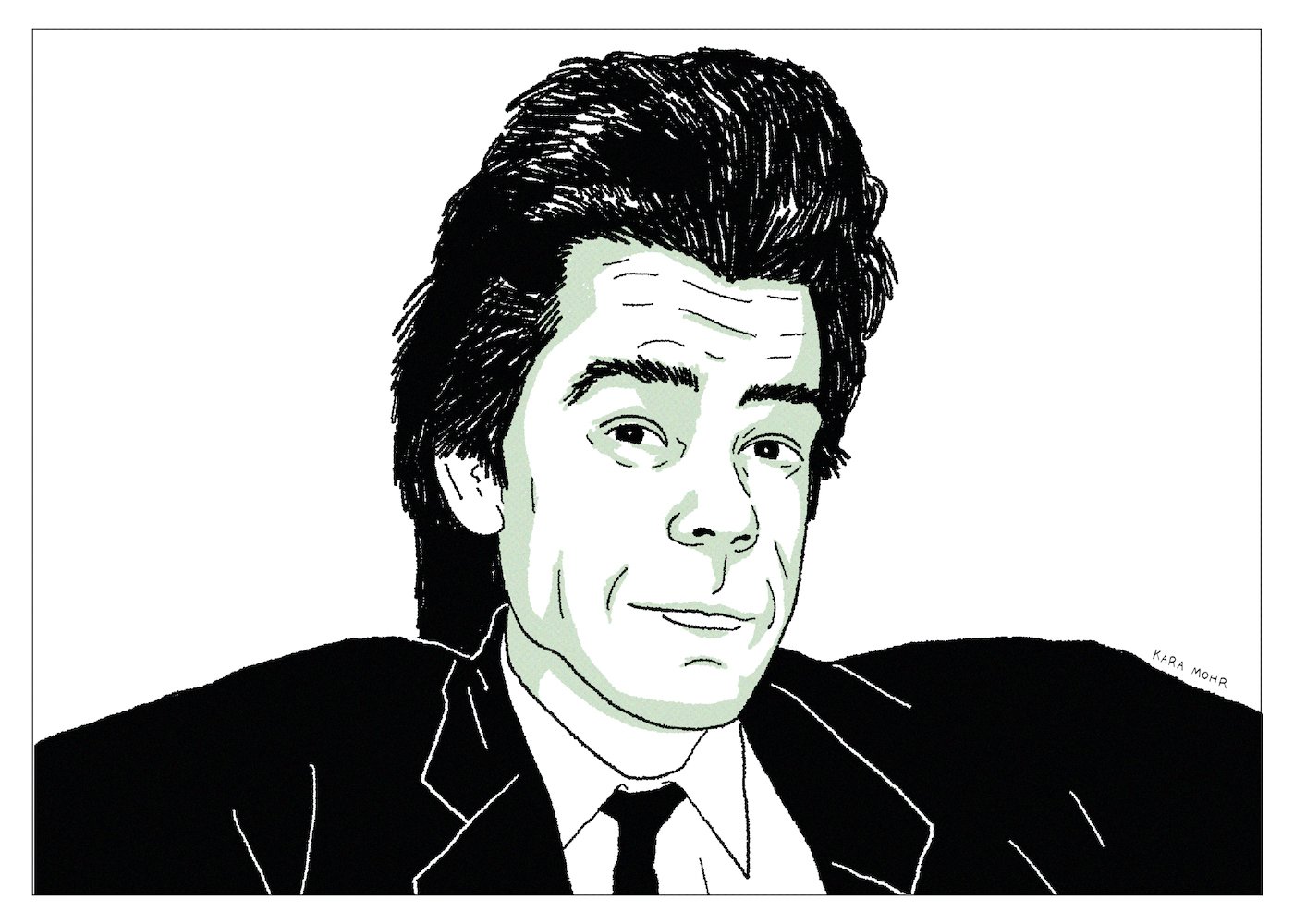
Buster Pointdexter “Buster’s Spanish Rocketship”
The prevailing discourse has always been that Buster Pointdexter was “the act.” That the tuxedo, giant pompadour, martini glasses, Jump Blues, and Eighties Club Med by way of Fifties Havana vibes was David Johansen having a go at everyone. That ten years after the demise of The Dolls — the world’s greatest band that never had a chance — and years after working his way around the world with the David Johansen Band and ending up exactly where he started (nowhere), he needed to make us laugh so we wouldn’t cry. Buster Pointdexter was supposed to be a serious good time, but also in no way serious. It was a gag. A costume. Closer to Tenacious D than to The Dolls. But what started out as a lark — a mildly embarrassing side hustle even — became a career. What’s more, Buster was not a phase. He was not an alter ego or an id. Looking back now, Buster Pointdexter was the thing.
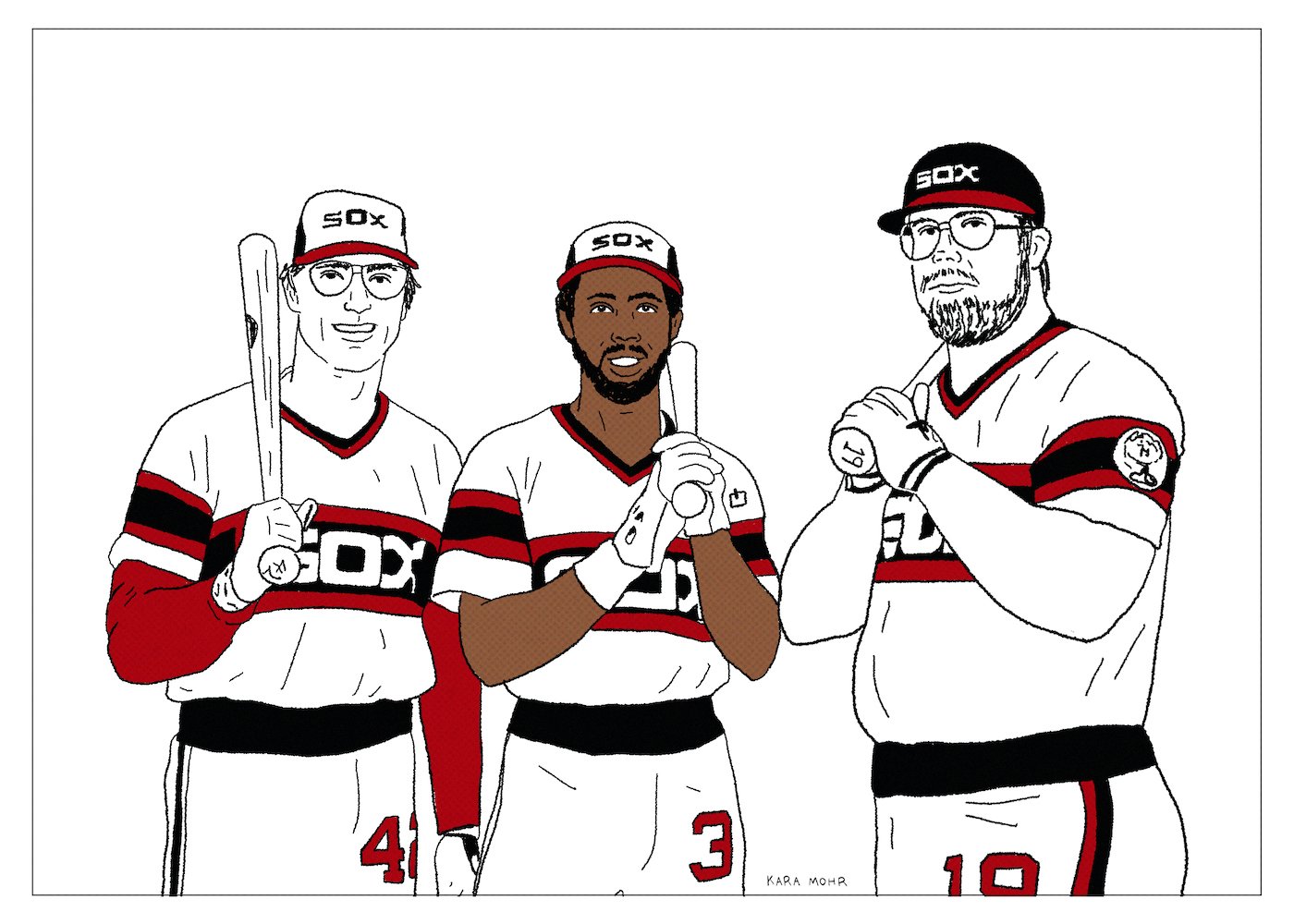
Greg Luzinski “The Bull”
Baseball has provided us with a handful of quirky, if semi-validating, proof points for the theory of “nominative determinism” — the idea that a person’s name somehow determines their livelihoods. There’s Cecil and Prince “Fielder” (neither of whom were known for their gloves). “Homer” Bailey and “Homer” Bush (the former a pitcher, the latter not exactly a slugger). Maybe Rollie “Fingers” qualifies (admittedly a stretch)? How about Grant “Balfour” (ball four)? Those rare examples are all well and good, but also confirm that ballplayers are personified less by their names than by their nicknames. “Charlie Hustle.” “Hammerin’ Hank.” “Steady Eddie.” These, much more so than first or last names, predicted the destinies of their owners. However, in the roughly one hundred and fifty years of professional baseball, no nickname has better suited its player than Greg “The Bull” Luzinski — a colossal man, put on this earth to annihilate baseballs and, one day, sling BBQ.
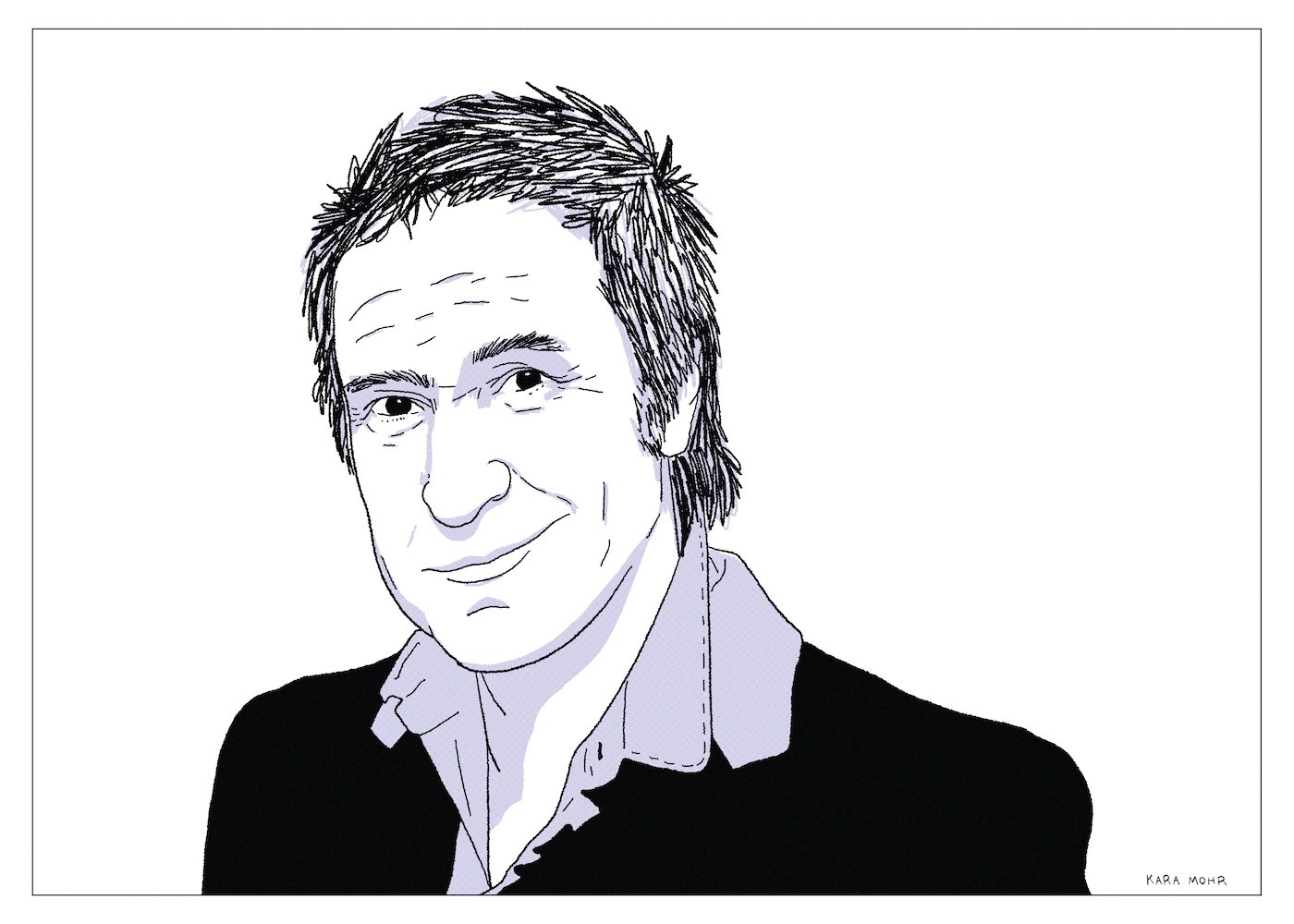
Ray Davies “Americana”
As a musical style, Americana suggests something in between “Roots Rock” and “Alternative Country.” Stylistically, it's a fertile if ultimately narrow genre. But, Ray Davies’ “Americana” is not Whiskeytown’s “Americana.” Davies’ is as expansive as it is deep. It considers both the United States of America and the land mass that predated the country — the massive mountain ranges and the canyons and rivers and the natives and the cowboys. The freedom and independence and capitalism and Jazz and Blues and Soul. The New York and Los Angeles and high hopes and dashed dreams. All of it. The man who wrote “A Well Respected Man,” “Waterloo Sunset” and “Village Green Preservation Society” — the singer-songwriter who satirized and romanticized English life was enraptured with America. England consumed his mind, but America held his heart.
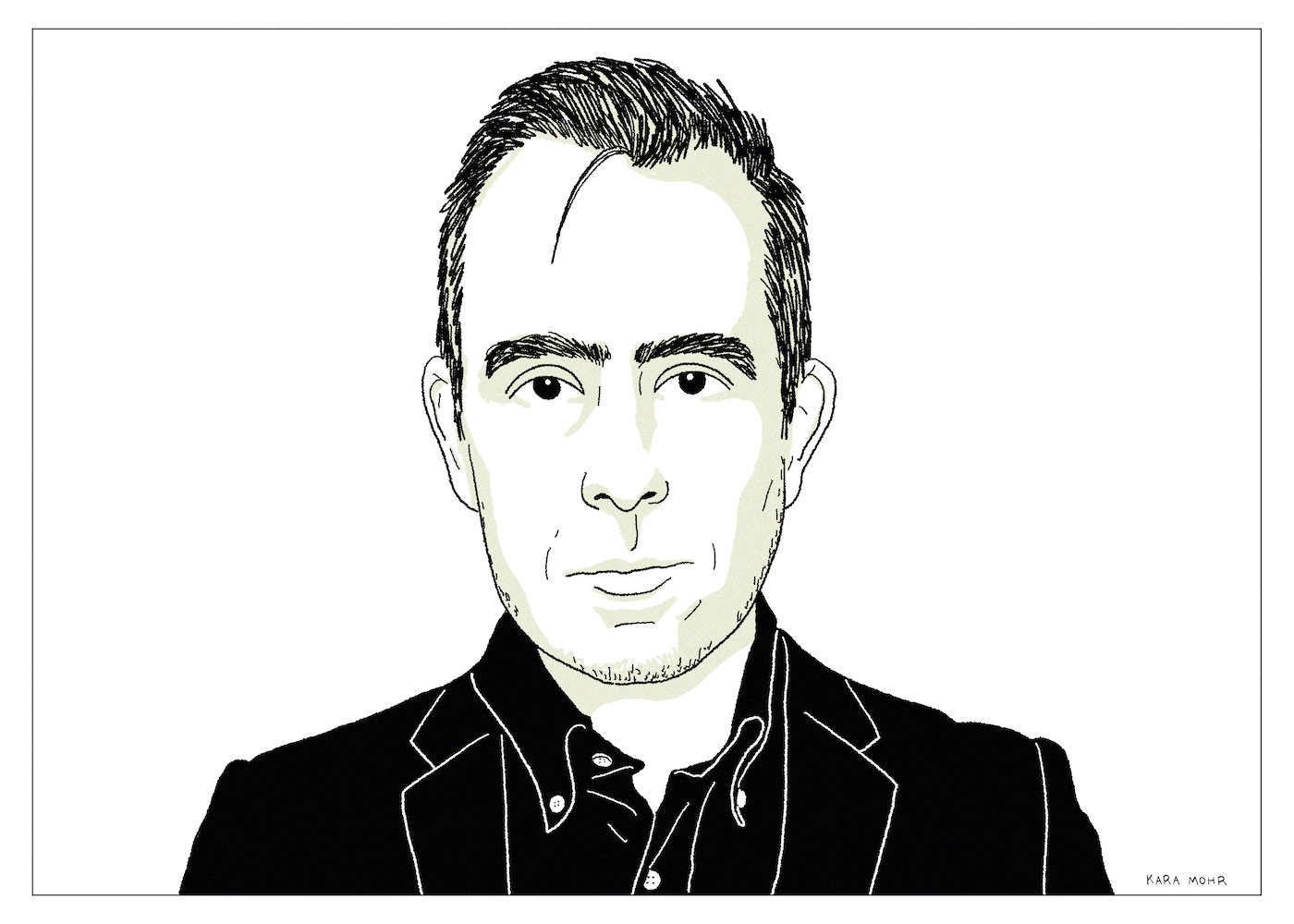
Ted Leo “The Hanged Man”
From 2000 through 2010, Ted Leo was the mainest of Indie Rock mainstays. He and his band released a string of reliably thrilling albums, distinguished by his breathless tenor and progressive politics. Ted Leo and The Pharmacists were so excellent, in fact, that it seemed a foregone conclusion he would one day break through. That Ted Leo would eventually be an important, prestige act felt inevitable. After all, they had their Billy Bragg and their Elvis Costello, so we could have our Ted Leo. He was simply too good — too musical, too smart and too hard working — to imagine any alternative. The sparkling reviews continued along with the steady uptick in sales, until he reached the height of sub-popularity. And then, just when we assumed something monumental was about to happen for Ted Leo, it did. But it was not at all what anyone expected.
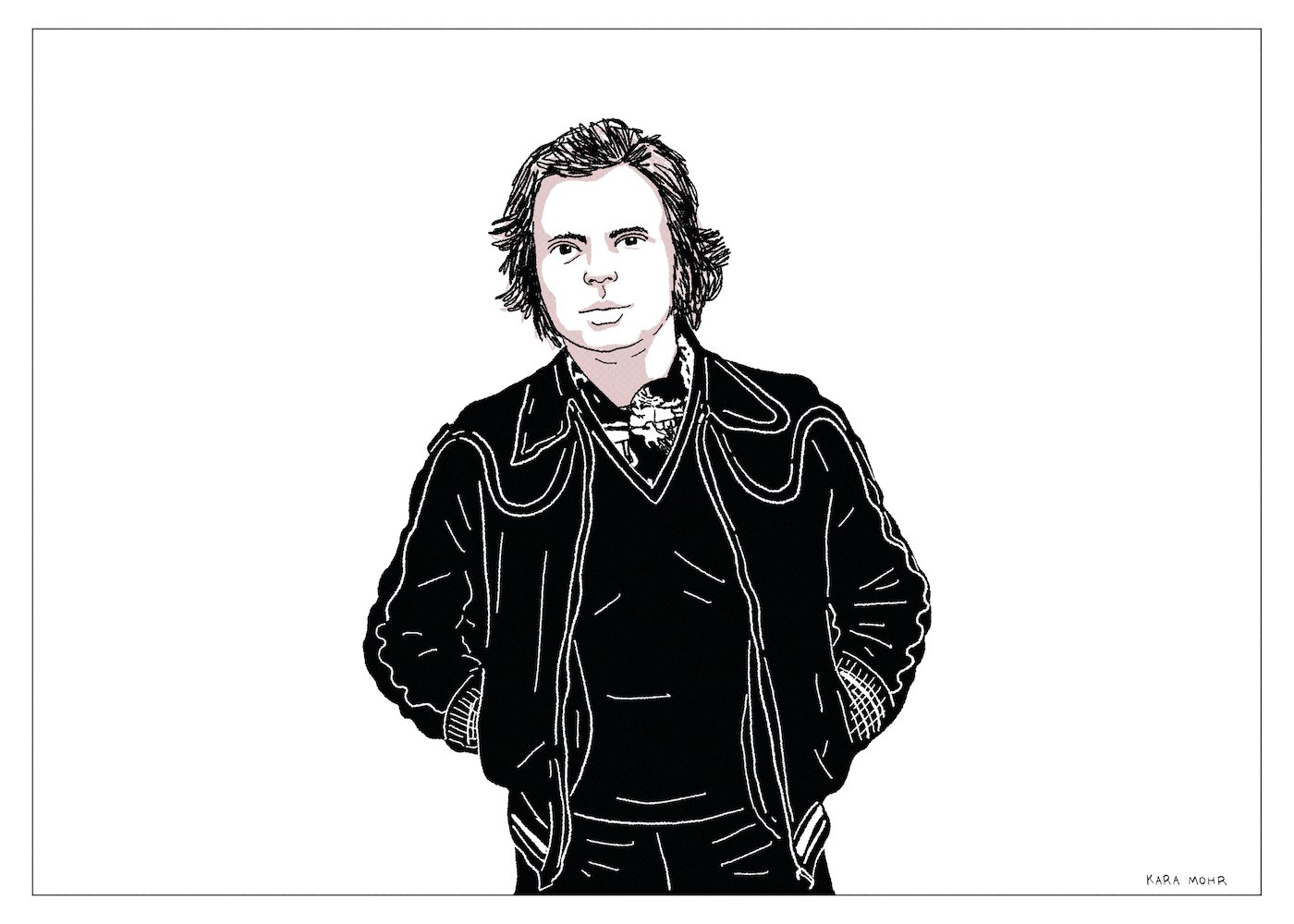
Van Morrison “The Album Covers”
Before he became a craggy, portly Soul man in fedoras and suits, before he was a grumpy anti-lockdown militant, before the Skiffle record and the Facebook rant and a song so profoundly sad (“Pretending”) that it was somehow more depressed than his song about walking out on a friend with tuberculosis (“T.B. Sheets”), before the healing and the silence and the hymns, and before he stuffed himself into that stretchy leisure suit get up for “The Last Waltz,” George Ivan Morrison cared deeply about his album covers. But that was then. Today, Van survives as the artist whose album cover art most betrays the product contained within. His obsession with “tone” and “feel” is surpassed only by the depth of his disdain for the art that adorns his music.
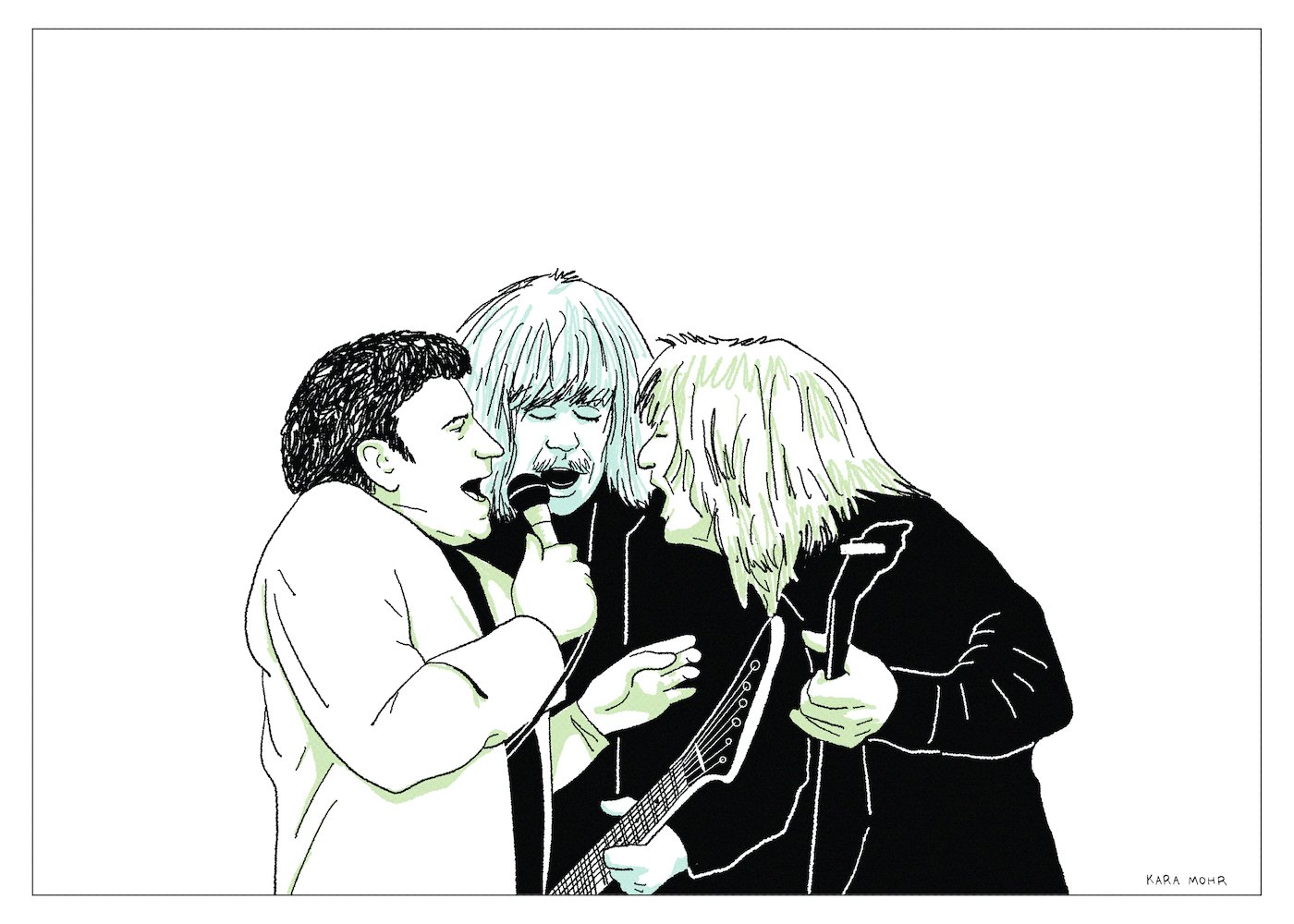
Styx “Brave New World”
Like Queen, with whom they’ve often been compared, Styx has always been the kind of band that swings for the fences. Most of the time they whiff — but in a charming “love the effort” sort of way. When they connected, however, as they did roughly one time per album between 1973 and 1982, they hit it out of the park. Way out of the park. During that run, DeYoung, Shaw, Young and the Panozzo brothers scored a half dozen top ten hits and five consecutive platinum-selling albums. And yet it always seemed to me that the band was a mistake — that we already had Queen and Journey. That DeYoung should be wowing audiences on Broadway (which he eventually did) and that Shaw should be fronting a Hair Metal band (which he also eventually did). By the end of the Nineties, seventeen years removed from the dystopian, sci-fi hit that broke the bank and the band, Styx were still swinging, but no longer connecting.
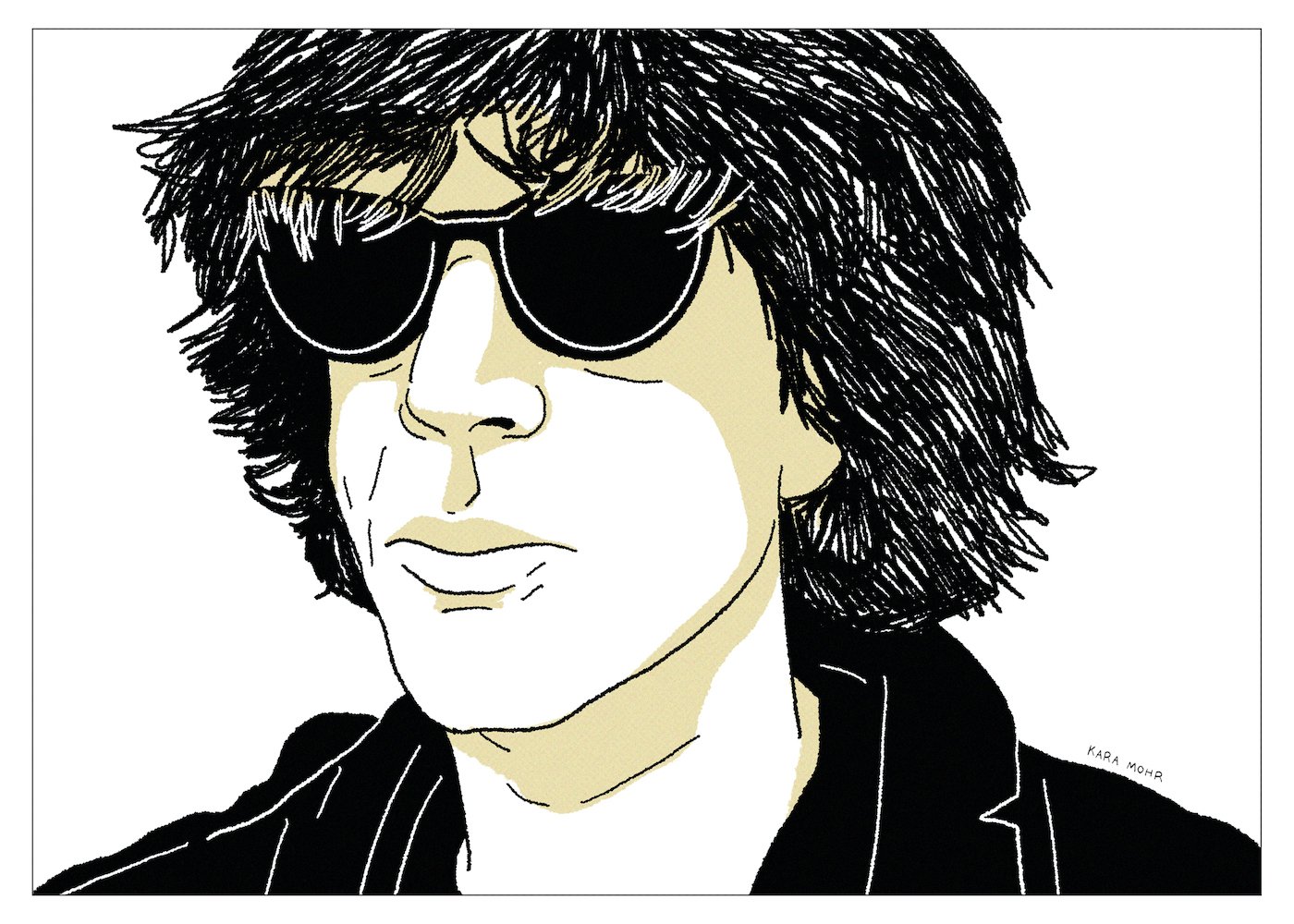
Dim Stars “Dim Stars”
Though it was released in 1991, “Dim Stars” sounds like New York City in 1988 — when Jon Spencer was fronting Pussy Galore and before Sonic Youth got a major label deal and when Avenue A was still sketchy and when everything stunk of imminent recession. Like all of those other things, you could call “Dim Stars” loose and offhanded, or you could call it sloppy. You could call it artful or avant garde, or you could say that it sounds like shit. But in fact, it really sounds like four different things. One, like Sonic Youth with Richard Hell splitting the difference between Thurston and Kim. Two, like a poorly made sequel to “Destiny Street.” Three, like an overqualified Scuzz Rock band that had not yet found its groove. And, finally, like a post-structuralist hipster cover band.
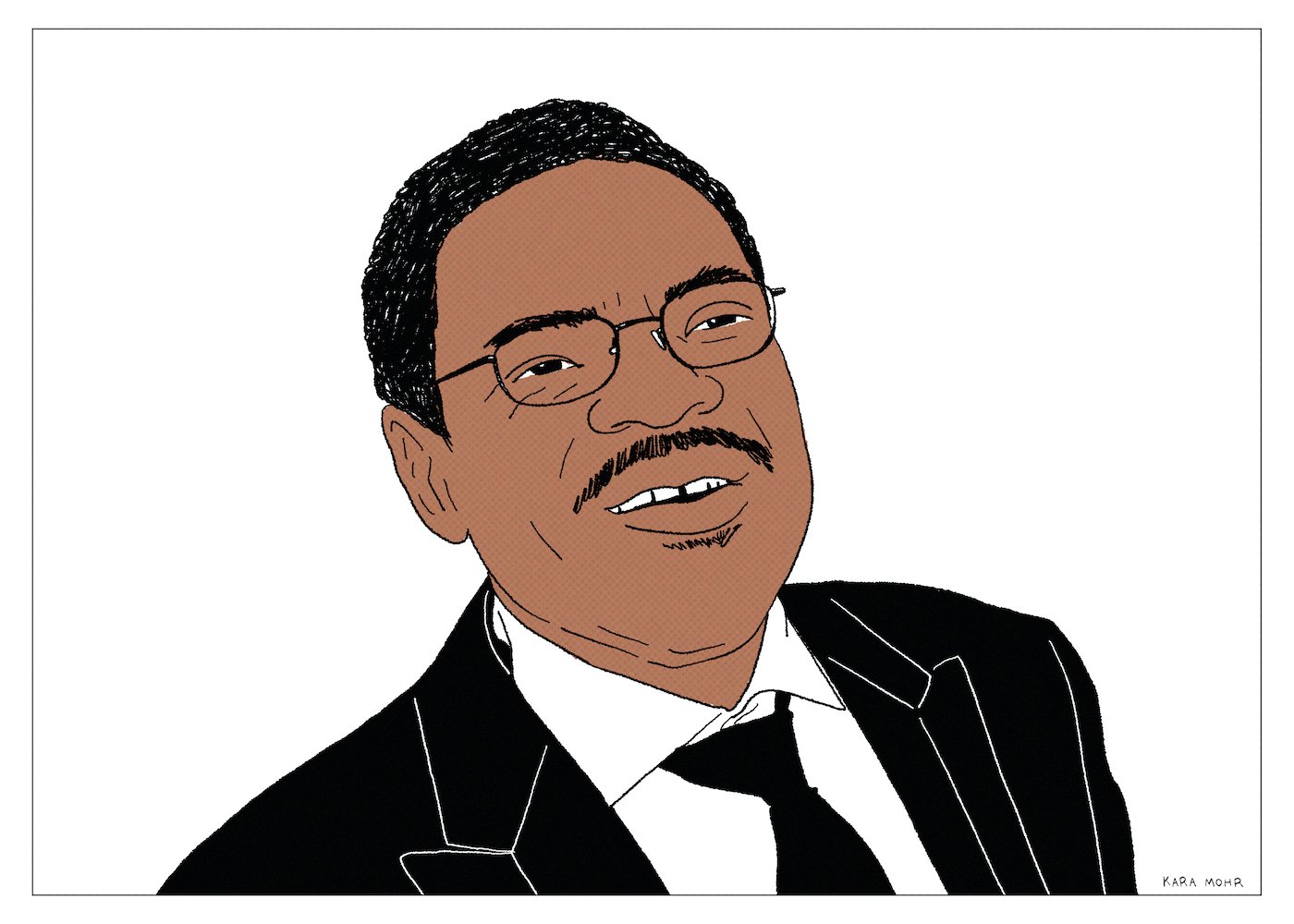
Billy Preston “You and I”
If 1979 marked the end of Billy Preston’s run as a Pop star, it was a beautiful finish. “Late at Night,” his first record for Motown and his last of the decade, found The Fifth Beatle after dark, conjuring a quiet storm. “With You I’m Born Again,” the album’s hit single, was a duet with Syreeta Wright that explained everything from Barbra Streisand to Luther Vandross. By 1982, however, “Billy Preston the superstar” was done. Lionel Richie, Prince and, mostly, Michael Jackson, had taken over his corner. The new music spigot was shut off. Guest work dried up. And, one day, the ubiquitous sideman found himself buried under a mountain of cocaine and bad decisions. And so, in 1997, as legal and financial problems mounted and rumors and innuendo swirled, Preston escaped six thousand miles from the bright lights of Hollywood into the open arms of a past prime Italian Electro Pop group named Novecento.
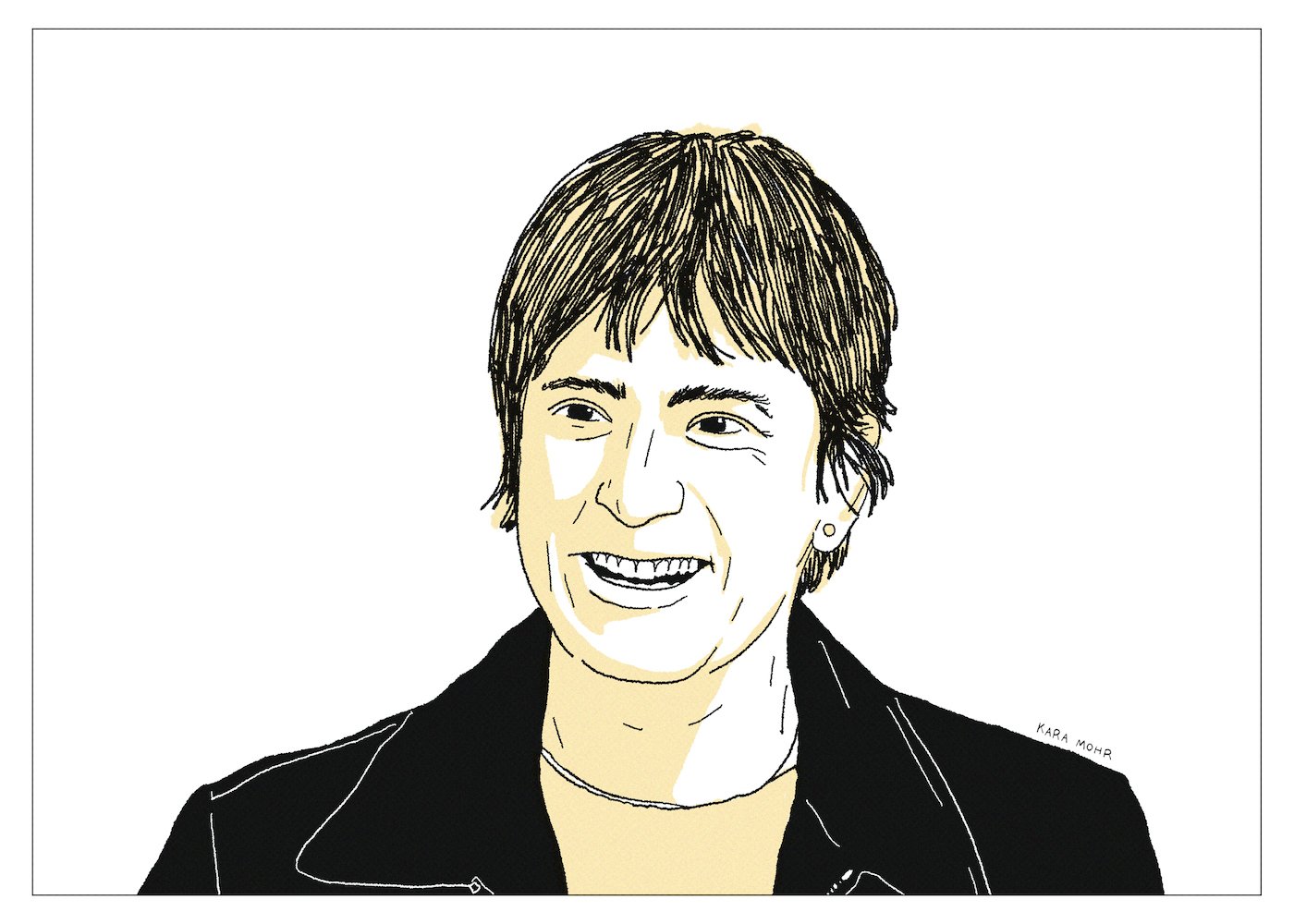
Rob Thomas “Chip Tooth Smile”
While I have been guilty of my fair share of Matchbox Twenty eye rolls, I was also guilty of not really knowing much about the band. They were always something of an enigma to me — a mystery that I couldn’t shake. Except, it wasn’t really the band I was interested in — it was their frontman, Rob Thomas. I had read all the facts (Wikipedia) and heard all the albums (four with Matchbox Twenty and four solo), but I still had zero clue. Was he more Adam Duritz or Ed Kowalczyk or Stephan Jenkins? Or was he my generation’s answer to Phil Collins and Lionel Richie? Generally speaking, time is the enemy of Rock and Roll. But it’s a dear friend to writers. Time furnishes us with perspective and evidence. It reveals lies and truths. It separates bad style from bad music and characters from their settings. Also, as Rust Cohle once suggested, time is just a flat circle. Time was very much on my side as I followed the investigation to its logical conclusion — Rob Thomas’ 2019 solo album, “Chip Tooth Smile.”
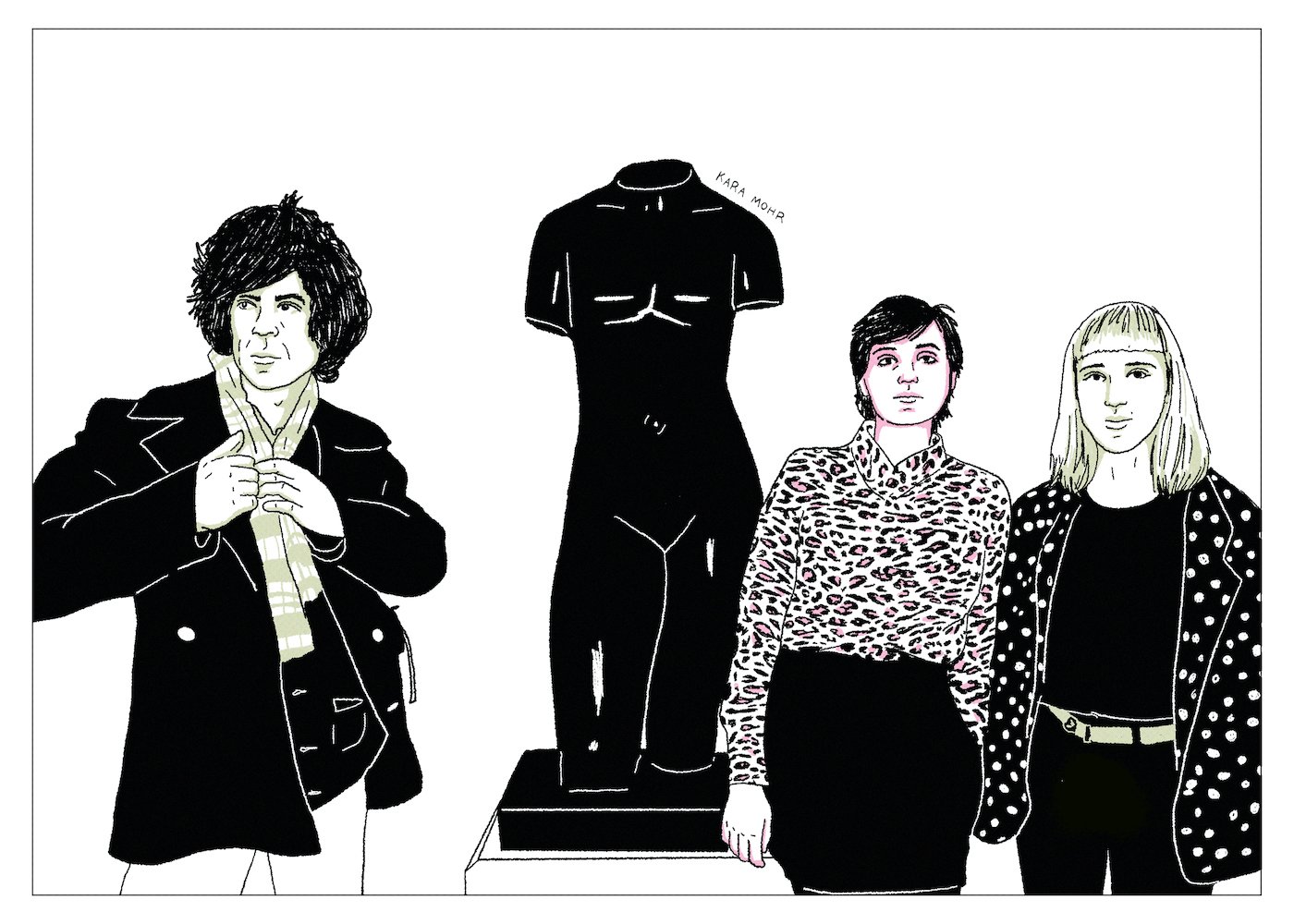
Chain and The Gang “In Cool Blood”
Like Nation of Ulysses before them, The Make-Up were more legendary than popular. And so, just five years after they first appeared, the most stylish, most ideological band on the planet was dissolved. In the Aughts, Ian Svenonius (along with Michelle Mae and Neil Hagerty) formed Weird War, but because socialism might be bad for business, the singer spent most of that Aughts moonlighting as a subject slash contributor for Index Magazine — and anyone else who wanted his ideas and his hair for their pages. By 2009, he was more an essayist, a great interview, a great photoshoot, and a hipster cad than he was a rock and roller. He was to Vice what Fran Lebowitz was to Vanity Fair. Until one day — when he’d either run out of ideas or when he had too many out of them — Svenonius started another new band. Chain and the Gang started as a lower stakes, rotating cast of friends and acolytes, sponsored by Calvin Johnson. By then, fans (and critics) were familiar with Svenonius’ Post-Structuralist, Marxist provocateur shtick. What they were less familiar with was his winking, hip-shaking good times.
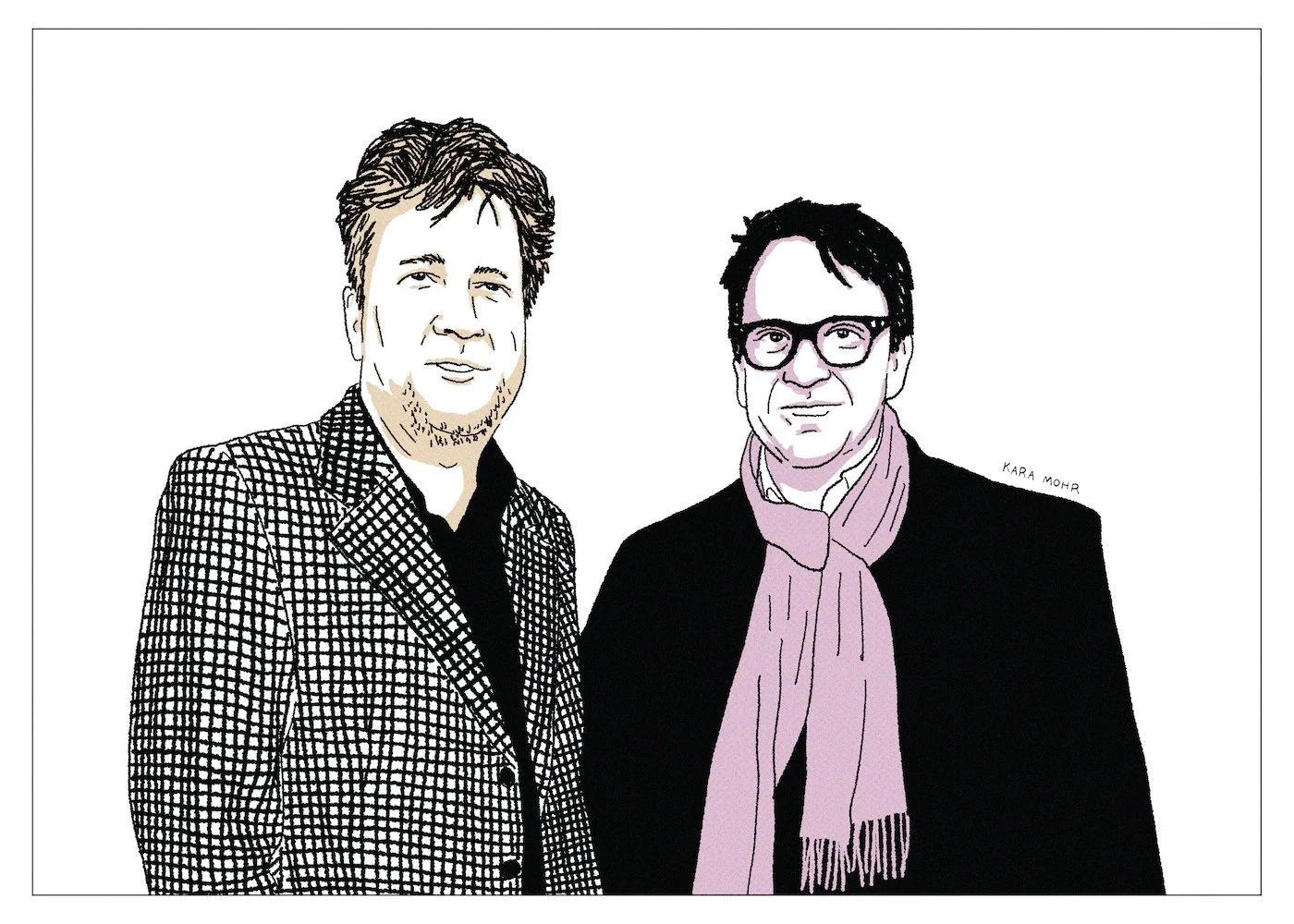
Squeeze “Cradle to the Grave”
Though early on they were compared to Lennon and McCartney, Glenn Tilbrook and Chris Difford were much closer to Elton John and Bernie Taupin. Tilbrook was a master tunesmith and Difford was an equally gifted wordsmith. For the most part, however, (and unlike Lennon/McCartney) they worked separately, fitting and refitting their own parts to the others’ material. Tilbrook, the more gregarious and intuitive one — he leaned towards the Beatles. Difford, more contained and cerebra, leaned towards Post-Punk. One man was blonde. The other brunette. They were childhood classmates, but, from the outset, and in spite of their shared interests, they were also a study in contrasts. During Squeeze’s first break-up, the two men actually made an album together, under their own names. After the second divorce, however, things got ugly. Jools Holland was gone, the hits dried up and Difford bottomed out. From the outside, it seemed certain that Squeeze was done. From the inside, it appeared even worse.
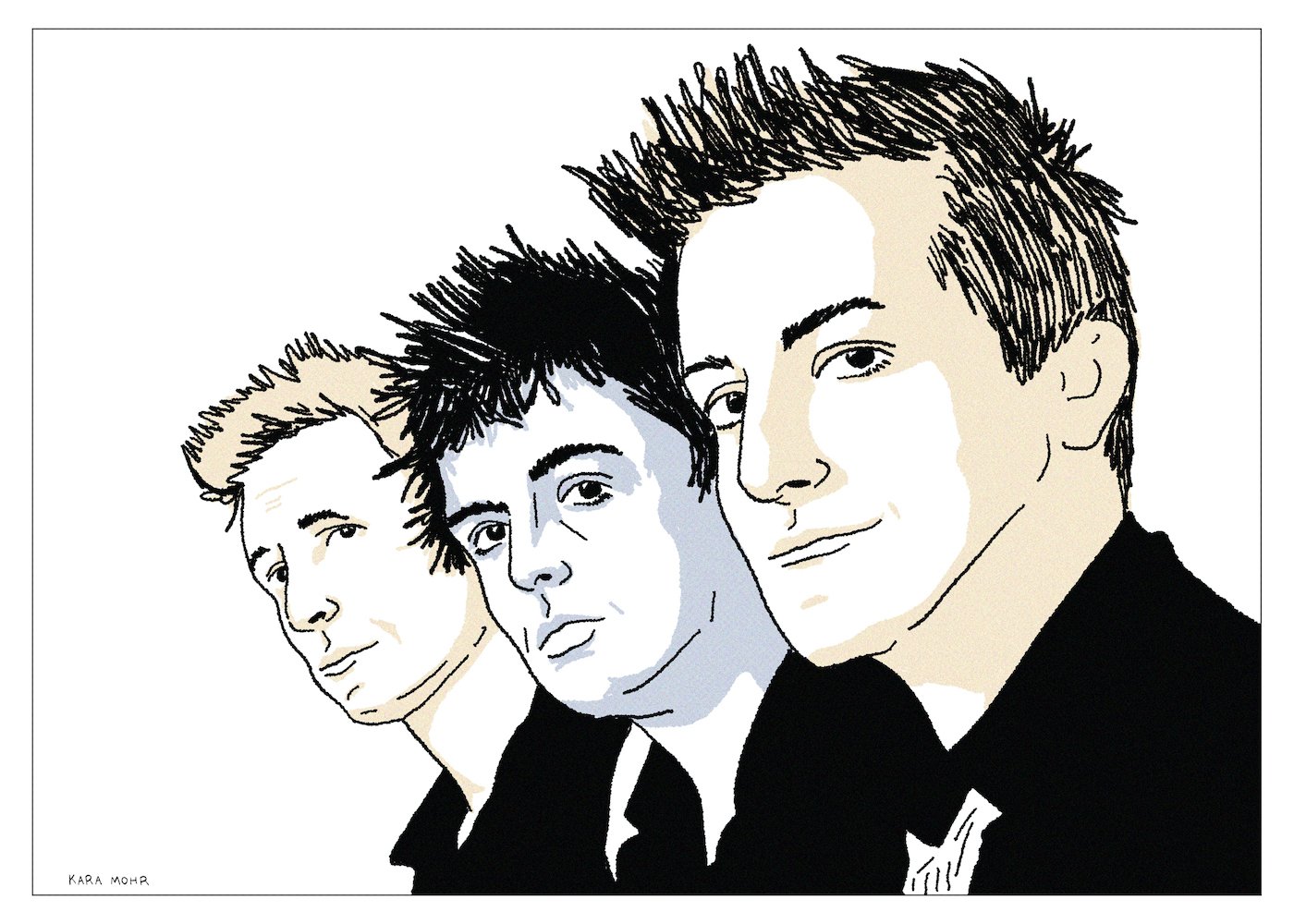
Green Day “Revolution Radio”
Twenty-two years after they first broke out with “Longview,” twelve years after they were the biggest Rock band in the world, eleven years after they inadvertently bankrupted Lookout! Records and four years after Billy Joe melted down onstage, Green Day was, once again, a band with uncertain prospects. And yet, their twelfth studio album was not a sharp turn or a step back or a leap forward. “Revolution Radio” was more a shoring up of lost ground — more like downside protection. All three members of the band were well into their forties by the time of the record’s release, meaning that the snotty charms of their youth would not play the same. Self-loathing and fuck you's present much differently in middle-aged millionaires than they do in twenty year olds. And so, in the year that Donald Trump was elected President and at a time when album sales were usurped by track steams, Green Day was in the unenviable position of having to question both their form and their function.
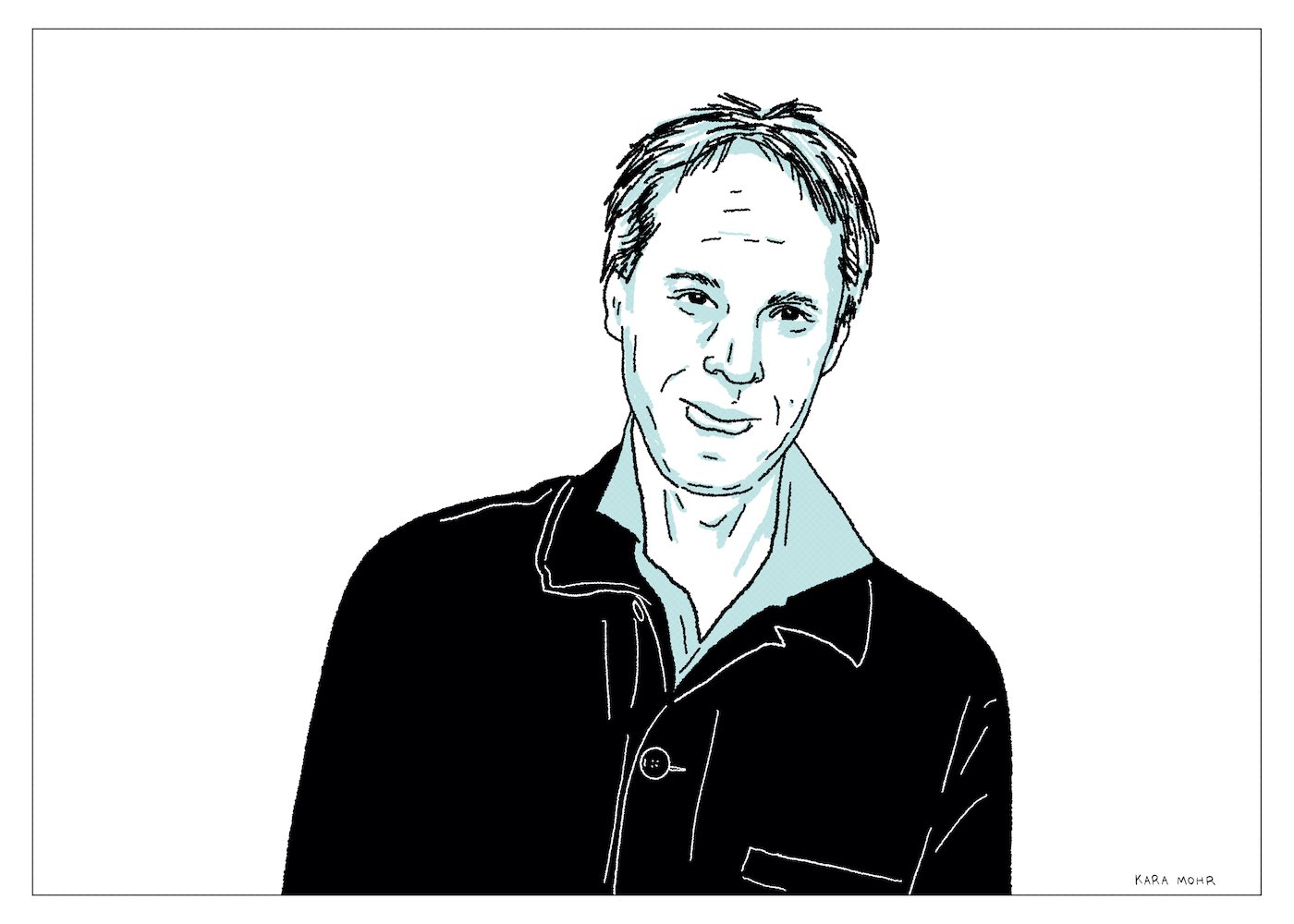
Tom Verlaine (1949-2023)
Of all of the many wonderful things said about Tom Verlaine this past week, the most moving words came, unsurprisingly, from Patti Smith. Her eulogy for The New Yorker, entitled “He Was Tom Verlaine,” was typically elegiac, like a series of black and white photographs narrated with poetic beats and prosaic secrets. Amid the generous obituaries and Twitter tributes — written mostly by strangers — Patti’s essay was so unusually revealing, not because she was betraying any confidences, but rather, because prior to this week, and despite the fact that I spent decades enamored of him, I knew so little about Tom Verlaine. He was not a recluse like Jeff Mangum or an outsider like Syd Barrett or Roky Erickson. But it seemed that, ever since “Marquee Moon” changed everything — and nothing at all — Verlaine was slowly, silently walking in the opposite direction from everything that fans (like me) most wanted from him. His entire career — seemingly confirmed by Patti Smith herself — is a reminder that love is so much more about what we don’t know than what we know for sure.
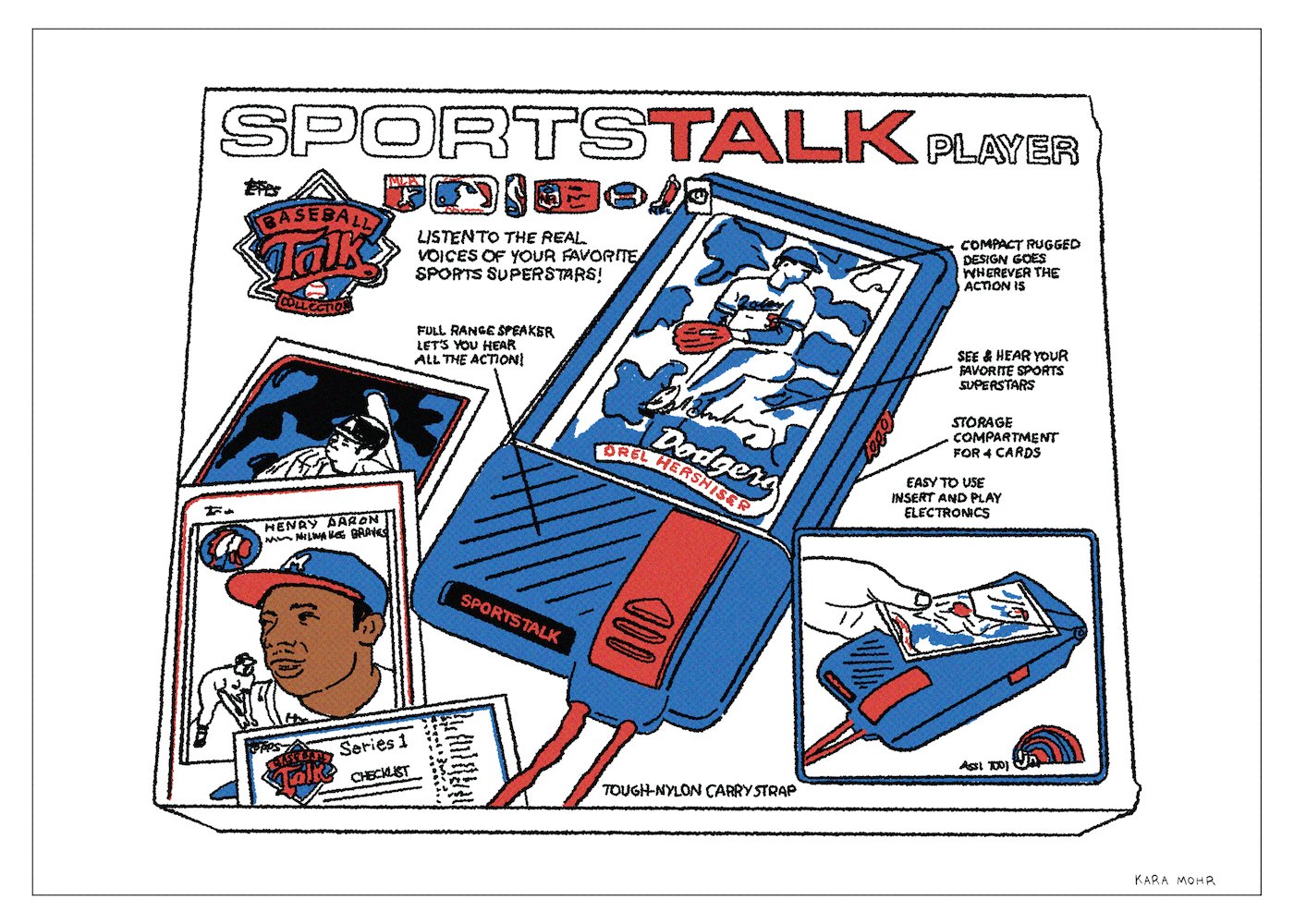
LJN Corporation “Topps Sports Talk Player”
First released in 1959, the Braun TP1 is a masterpiece. The phono-radio is considered by many to be a high water mark of twentieth century product design — its functionalism a complete validation of Dieter Rams’ “as little design as possible” ethos. Thirty years later the LJN toy company and Topps paid homage to Rams’ pièce de résistance with their Sports Talk player and Baseball Talk cards. The electronic player was actually a blue and red plastic portable phonograph and the cards resembled Topps’ bubblegum variety, except larger and with a miniature vinyl record pressed onto their backs. Like Rams’ TP1, the needle on the Sports Talk player sat beneath the records (cards). Like the TP1, the Sports Talk player was a feat of minimalist design and engineering. But unlike the TP1, the Sports Talk player was a piece of crap. Cheaply made. Easily damaged. Hard to explain and harder to understand. It lasted exactly one season and left behind a cautionary tale that fits somewhere between New Coke and “Ishtar.” For the record, though, I kind of dug New Coke. I thought “Ishtar” was pretty funny. And I freakin’ love my Sports Talk player.
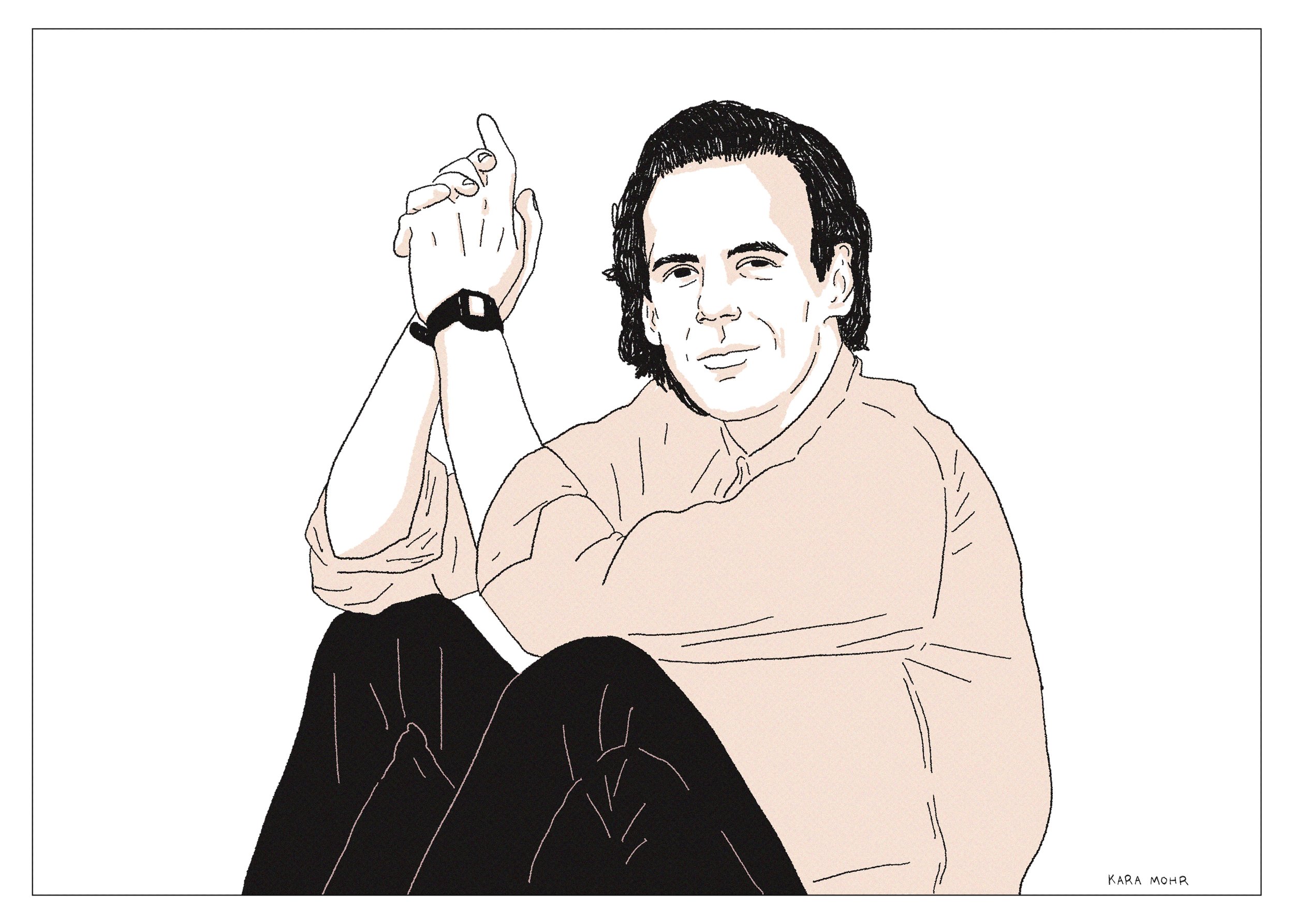
John Hiatt “Perfectly Good Guitar”
There’s a concept in child rearing — and I’m honestly not sure if it’s armchair psychology or actual science or what — called “perfectly adequate” parenting. Its premise is radically simple: that parents should be no more or no less than their child needs. One the one hand, it makes a lot of sense. On the other hand, nobody really wants to be “perfectly adequate.” Not in parenting. Not in life. Not in work. And, certainly, not in music. Pop music is defined by highs and lows. By mania and soul. The road in between is longer, and oftentimes much harder. It’s a workmanlike path — one that is rarely disruptive or revelatory, but is eventually, and amazingly, just right. Richard Thompson is always perfectly adequate. Sometimes more. Never any less. John Prine. Lyle Lovett. Nick Lowe. Always perfectly adequate. But of all the singers I can think of, the one who is most truly perfectly adequate — whose skill is evident, whose records are solid and whose faith and commitment is unwavering — is John Hiatt.
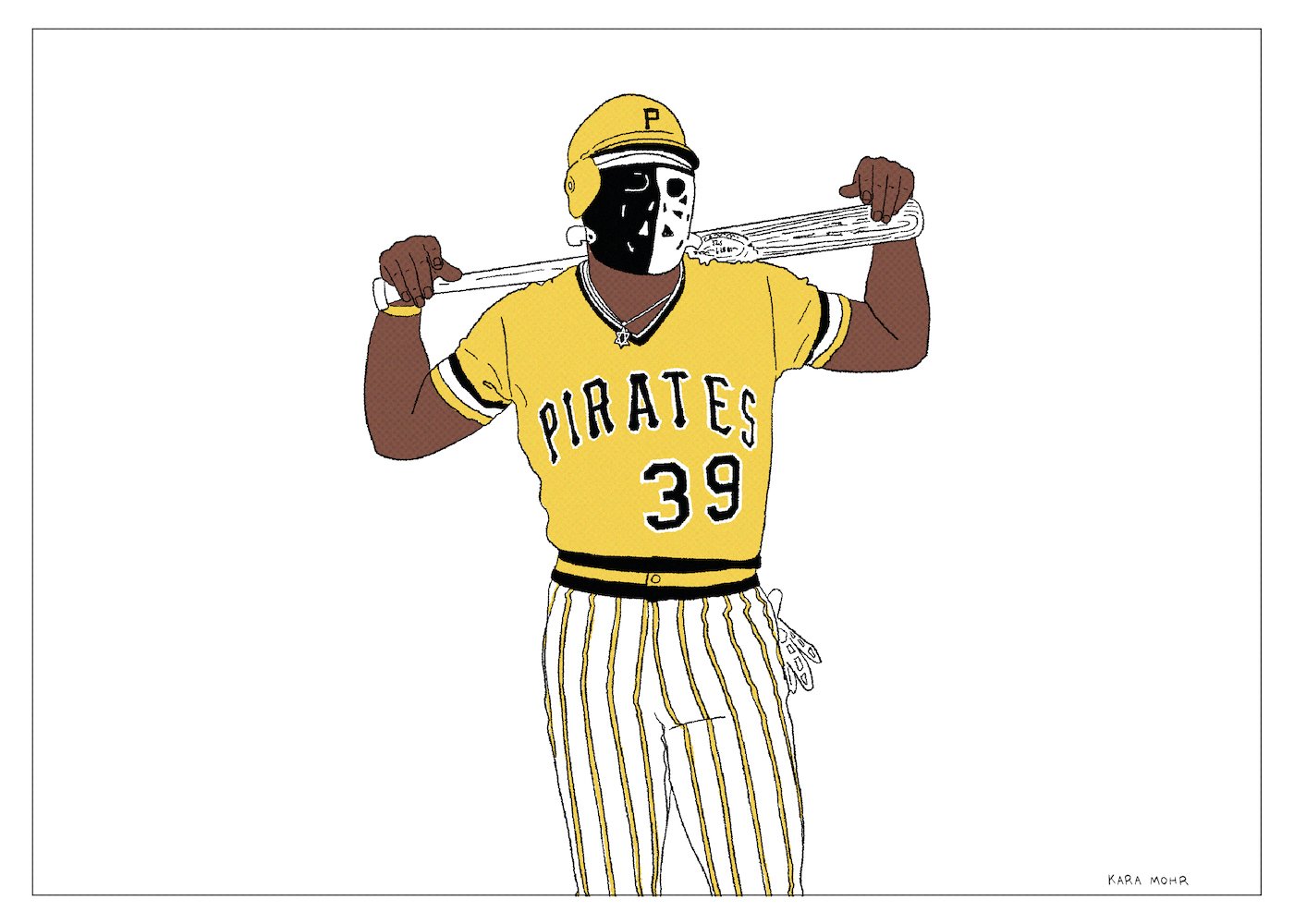
Dave Parker “The Masked Cobra”
Jim Rice stood six feet, two inches tall and weighed two hundred pounds. At the plate in Fenway, he looked like the perfect slugger. But, next to Dave Parker, he looked like Rocky standing beside Drago. By the late Seventies, Pops Stargell was the same height as Rice, but with fifty pounds of excess gut. And yet, next to The Cobra, Stargell looked like Santa hanging out with The Incredible Hulk. Dave Parker was not the greatest player of his era, but for several seasons, he might have been the most important — and the most feared. On July 16 1978, two weeks after breaking his cheekbone in a home plate collision, The Cobra returned to the line-up wearing a very basic, but entirely frightening, half white, half black protective mask designed for hockey goalies. As he made his run towards a batting crown and the MVP award, Parker looked not unlike Jason Voorhees dressed as a giant killer bee.
